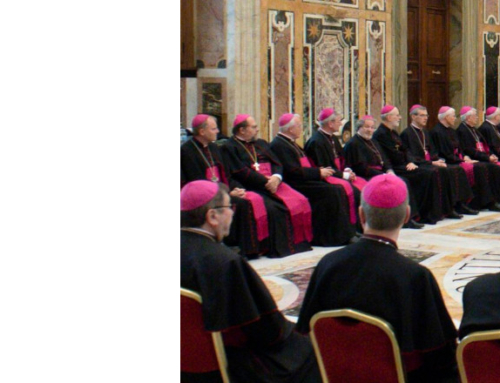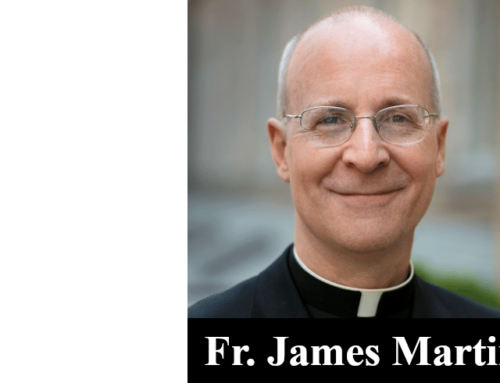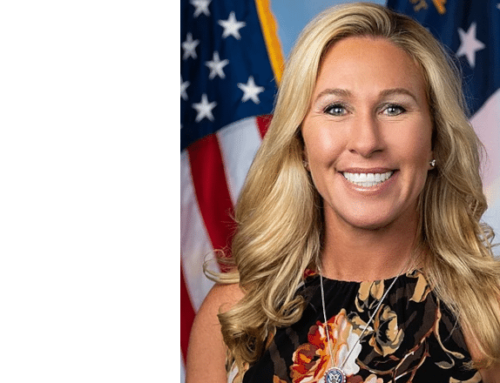This is a bellwether moment: On September 20, 2023, the New York Times finally conceded that there is no family form better than the nuclear family.
While it is breaking news to liberals that single-parent families are deeply flawed—the children typically do poorly in school and beyond—astute sociologists have known for decades that the nuclear family is the blue chip model. Consider the data. In 2020, 40.5 percent of babies in the United States were born to unmarried mothers. In 1940, the figure was 3.8 percent. Now ask yourself, what social trends have happened since then that derailed the nuclear family?
The person responsible for this bellwether moment at the New York Times is Melissa S. Kearney. An economics professor at the University of Maryland, she wrote an op-ed in the newspaper declaring, “The Rise of Single-Parent Families is Bad for Kids.” Thus did she shock the liberal readers of the newspaper, most of whom believed—thanks in part to the Times—that at best, all family forms were equal. Many others have been convinced that the much-ballyhooed nuclear family was nothing but a patriarchal institution of oppression.
Readers of the Times have been given plenty of reasons to draw the wrong conclusion.
In 2019, the Times asked students 13 and older to comment on an article by Michael Gonchar that asked, “Does society need a more expansive definition of ‘family,’ in your opinion?”
In 2020, Times columnist David Brooks wrote an article, “The Nuclear Family Was a Mistake.” He posited that the nuclear family was an atypical form in the 1950s, and that in any event we would be better off today with extended families. Not true. We have known at least since the work of anthropologist George Murdock in the 1940s that the nuclear family is not only not atypical, it is a cultural universal. Furthermore, extended families have their own problems, and are not an option for most Americans.
Sarah Prager wrote a piece on parenting in the Times in 2020 that bashed the nuclear family for its “heteronormative” pretensions. She said her kids have two mothers and no father, and instead of identifying that arrangement as the problem, she blamed paperwork she has to fill out that is based on the traditional family. No doubt left-handers complain that society is not fair to them, either.
Last year, the Times ran a piece by Jessica Grose asking readers to “Celebrate Different Kinds of Families.” She made the argument that the decline of the nuclear family was good for society.
As I pointed out in The War on Virtue: How the Ruling Class is Killing the American Dream, the Left has long sought to intentionally destroy the family.
In the early nineteenth century, Robert Owen in England and Charles Fourier in France both made it plain that the traditional family was a problem. Owen called marriage “evil,” and Fourier praised orgies for their “liberating” effects. In the late nineteenth century, Karl Marx called the nuclear family the generator of “domestic slavery.”
In the twentieth century, Wilhelm Reich, who was a sex maniac and the “Father of the Sexual Revolution,” preached the wonders of libertinism. Herbert Marcuse, godfather of the New Left, said the nuclear family was the source of “sexual repression.” He recommended a “polymorphous perverse” sexuality, one that would abolish the family. They both had an effect on left-wing activists like Linda Gordon: she insisted that “the nuclear family must be destroyed.”
More recently, Black Lives Matter explicitly said that its goal was to destroy the nuclear family. In 2021, the Smithsonian’s National Museum of African History and Culture slammed the nuclear family for its “whiteness,” making the case that it is not good for blacks to adopt this model. Surely the Klan would agree with Black Lives Matter and the Smithsonian.
It is commendable that Kearney ends her article with a plea to “find effective ways to strengthen families” and to provide for “stable two-parent homes.” She can begin by first telling her left-wing colleagues in the academy to stop denigrating the one family model that is vastly superior to all the others, namely the nuclear family.
Contact the Opinion Editor at the New York Times, Kathleen Kingsbury: Kathleen.Kingsbury@nytimes.com







